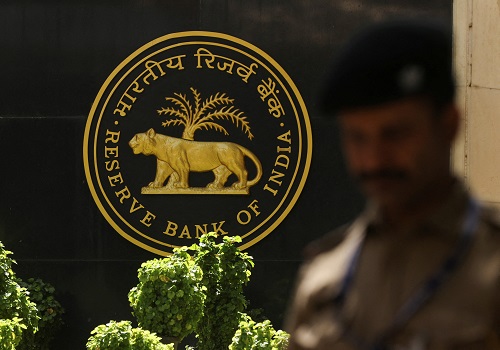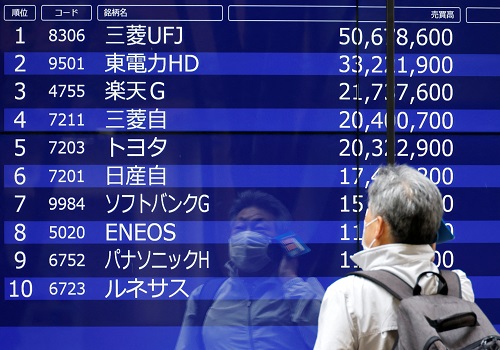RBI`s regulatory initiatives, asset quality trends to push NBFCs slow down asset growth in FY25, FY26: Crisil

Follow us Now on Telegram ! Get daily 10 - 12 important updates on Business, Finance and Investment. Join our Telegram Channel
Domestic rating agency Crisil in its latest report has said that Reserve Bank of India’s (RBI) regulatory initiatives and asset quality trends will push non-banking financial companies (NBFCs) to slow down their growth in asset under management (AUM) to 15-17 per cent in the current fiscal and next. The sector had achieved a handsome growth of 23 per cent in the AUM in FY24, and even with the slower growth, the AUM expansion will be higher than the 14 per cent of the last decade.
According to the report, entities will opt for ‘sustainable growth’ because of the regulatory environment and asset quality trends, and the present situation will lead to recalibration in strategies. It said RBI had in November last year increased the risk weights on banks' lending to NBFCs along with the lending to unsecured loans, where NBFCs are very active. Additionally, the micro loan segment is also showing signs of stress on asset quality lately.
The report said rising concerns around household indebtedness and asset quality risks will have a bearing on growth strategies in specific retail asset segments such as microfinance and unsecured loans. It noted that intensified regulatory actions on compliance focused on customer protection, pricing disclosures and operational compliance will necessitate the process of recalibration. Even as the overall AUM growth will slow down, the growth in the AUM of the largest contributors of home loans and vehicle loans, constituting 45 per cent of the segment, will have a limited impact as it will be driven by fundamentals. The unsecured loans and microfinance segments, accounting for 23 per cent of the overall NBFC AUM, are expected to be impacted the most.

























